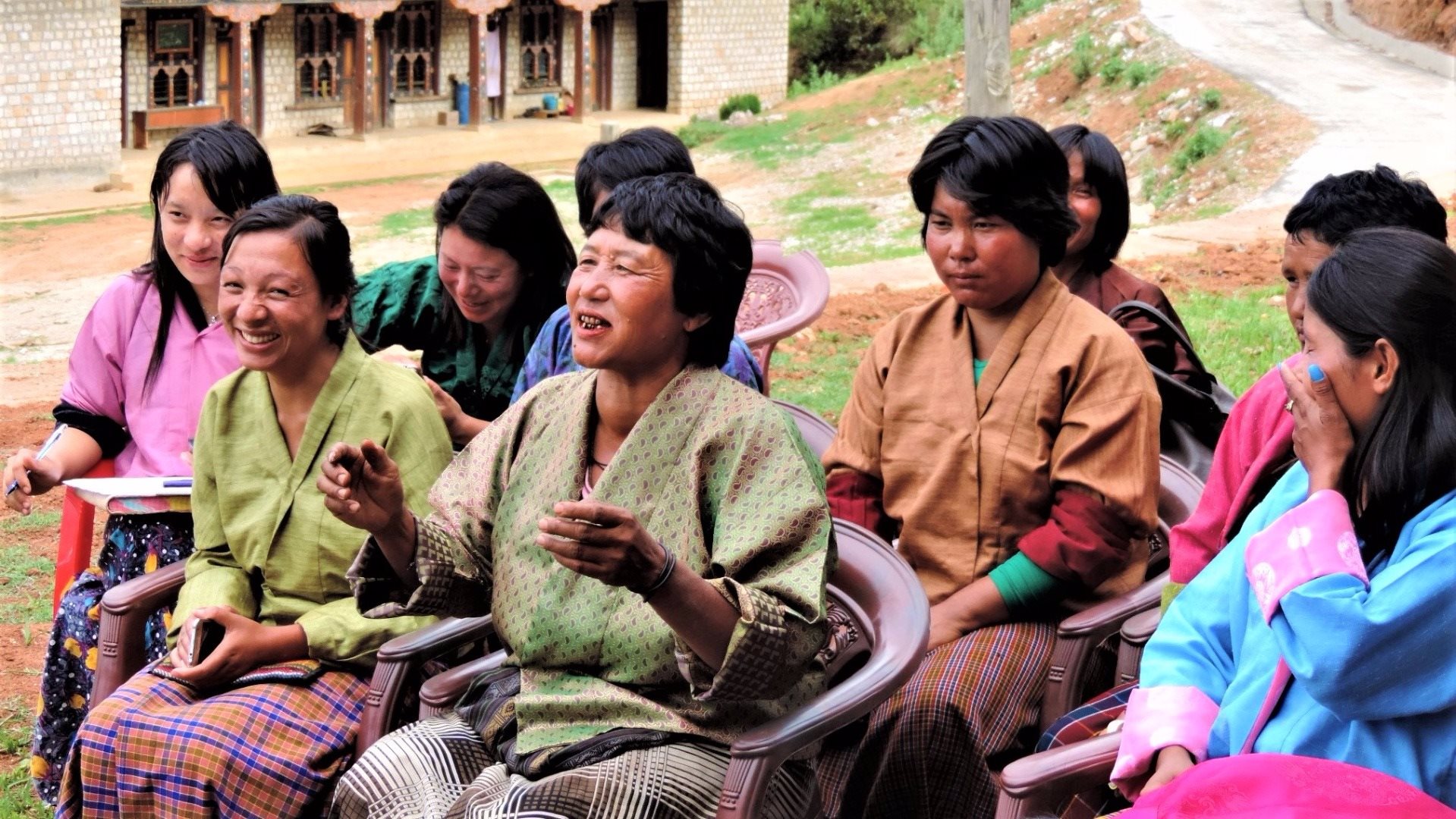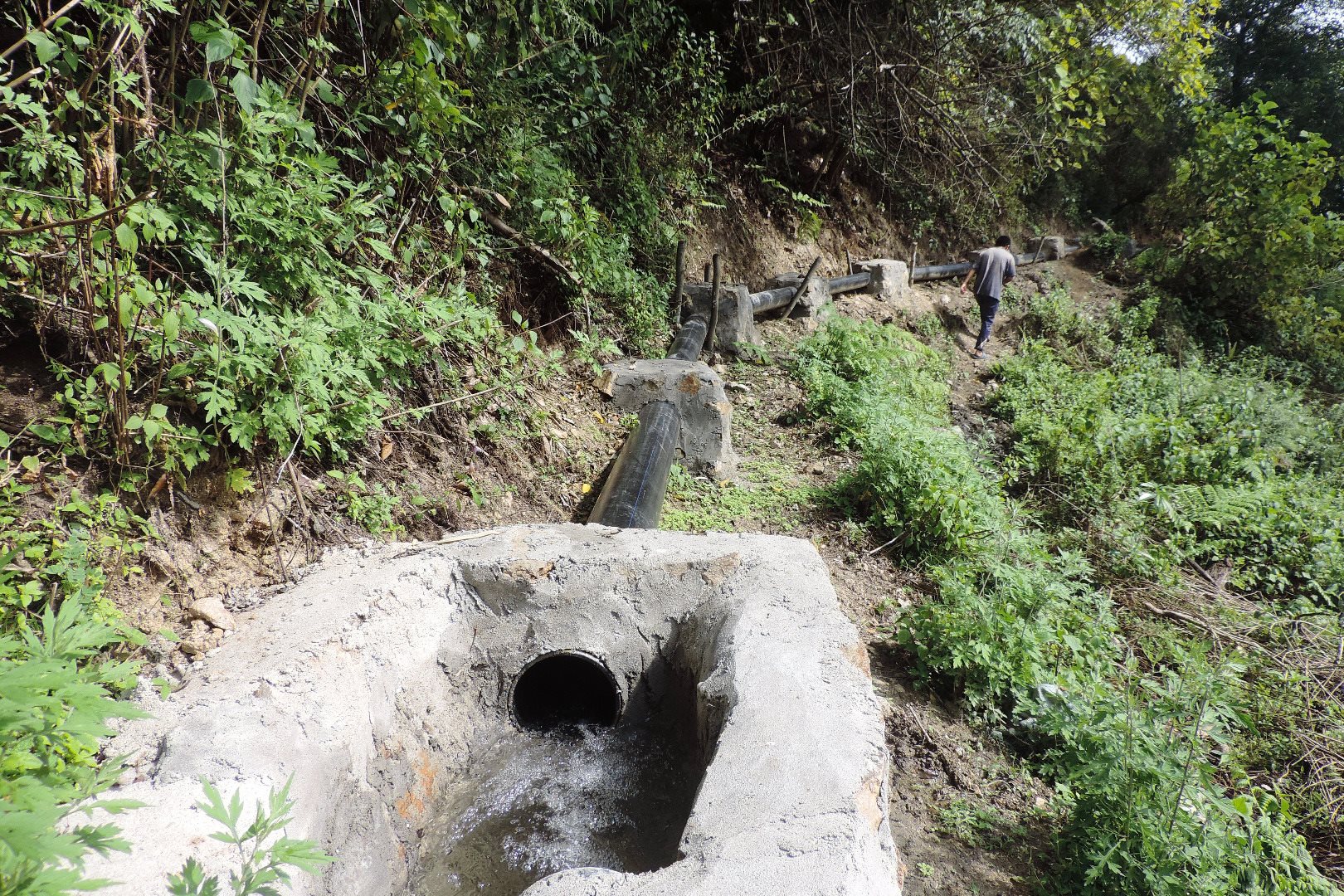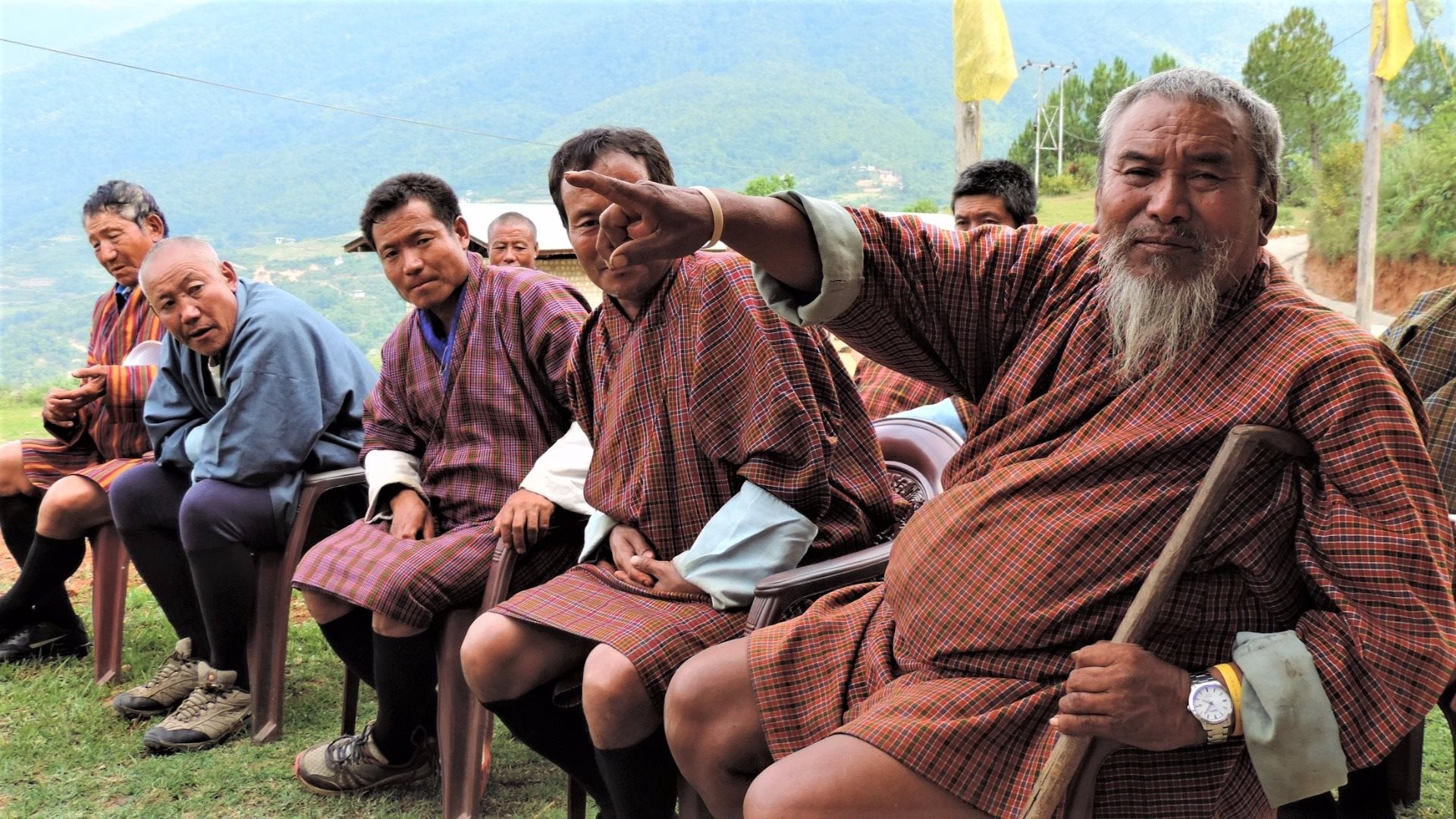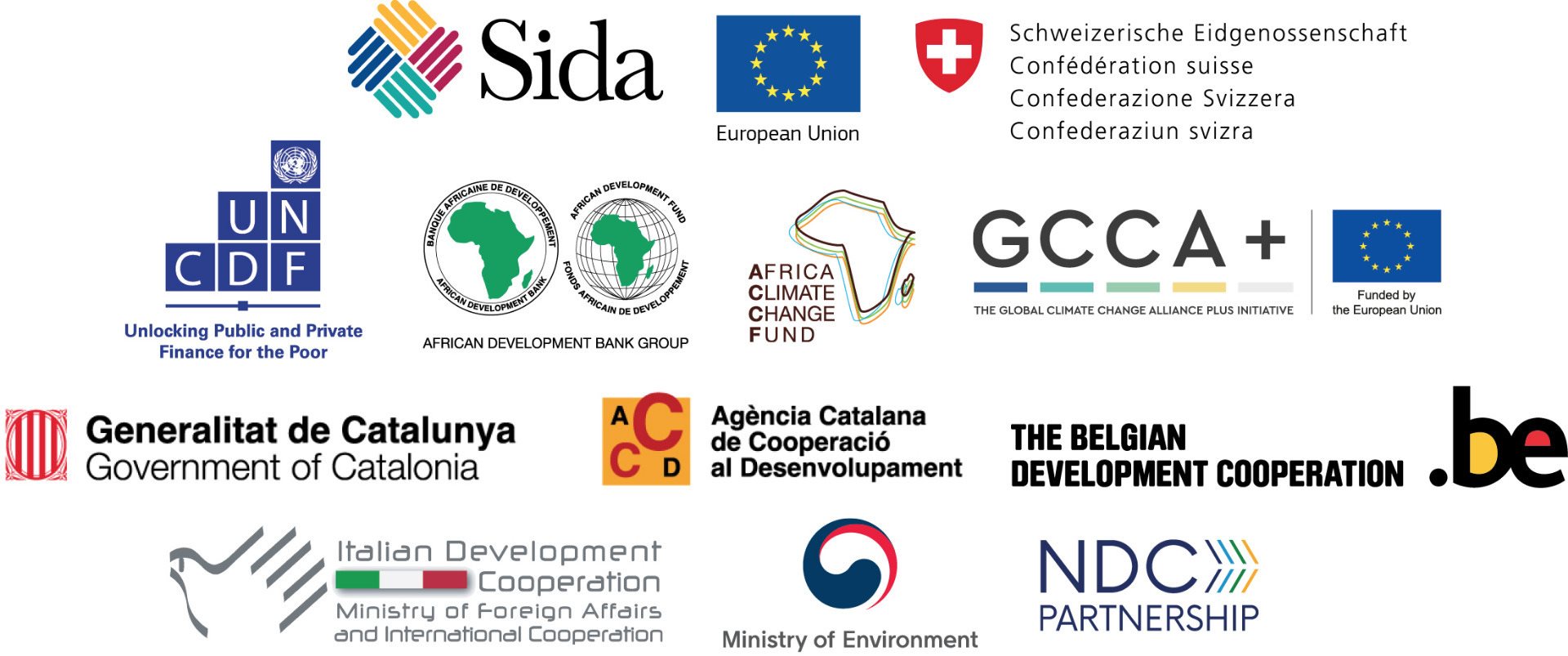National Response
Bhutan is a carbon-negative country and has internationally pledged to remain carbon-neutral, embarking on a policy of green economic development. Bhutan’s intended nationally determined contribution priority adaptation actions include:
- increasing resilience to the impacts of climate change on water security through integrated water resource management.
- promoting climate-resilient agriculture to contribute towards achieving food and nutrition security.
- sustainable forest management and conservation of biodiversity.
- and, strengthening resilience to climate change–induced hazards.
Bhutan also is formulating its first national adaptation plan. Notably, the Local Governance Sustainable Development Programme initiated in 2013 assists local governments in implementing block grants allocated for sustainable local community development, while developing their capacity for good governance and improved public service delivery. LoCAL support is embedded in this programme.














